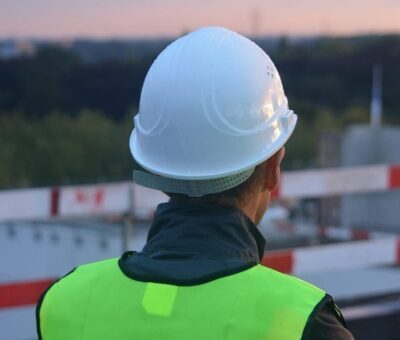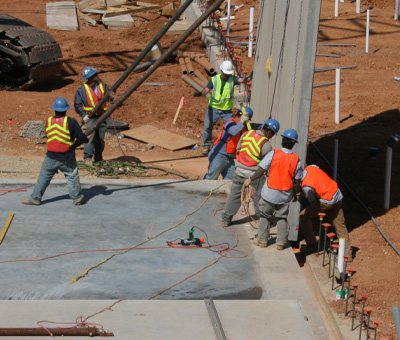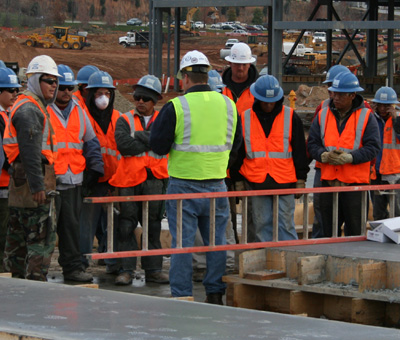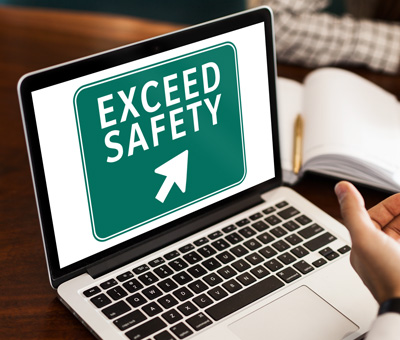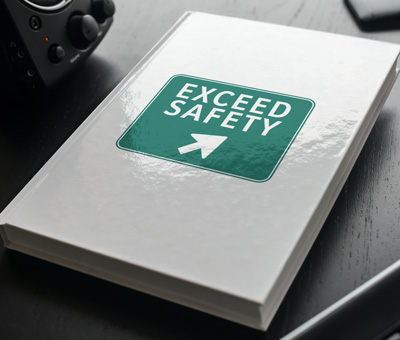The construction industry is undeniably a risky one. Even for simple construction jobs, the risks posed to employees are numerous and continuously evolving. Though some companies may be hesitant to invest in a dedicated safety team, having one provides numerous benefits pertaining to employee health, hazard reduction and company culture enrichment. So let us ask the question: why DOES your company need a safety team?
Reducing Immediate Risks and Hazards
It’s undeniable that construction sites contain a multitude of hazards. Beyond equipment failures and environmental hazards, such as chemical exposures and electrical hazards, employees find themselves in hazardous situations just by doing their jobs. Falls and bodily injury are not uncommon on the field and are something the presence of a safety team can significantly mitigate. Safety teams conduct inspections, audits, and hazard assessments to determine risk in the field and take accompanying steps to prevent serious injury and follow OSHA standards, safeguarding employees and reducing the potential of serious accidents.
Keeping Track of Regulatory Standard Compliance
Following ever-evolving OSHA standards and safety regulations poses a challenge to organizations, especially due to their complexity, to the point where a safety team is practically a necessity. Having a safety team on-board helps keep companies in-line with regulatory standards by developing extensive training programs and keeping records of both incidents and actions on the job. In turn, this also protects the company from legal risks and potential inspection failures that may occur from non-compliance, taking some of the burden off of administrative leads.
Making Safety a Cultural Priority
It’s easy to simply prioritize “getting the job done”, but a large part of having a successful team is ensuring their safety using commonly practiced safety principles, and instilling said principles into every job that they do. Having a dedicated safety team elevates safety principles beyond an afterthought and cements them as a core value of the organization, establishing work policies and urging workers to speak up if they have any safety concerns. The immediate benefits are obvious (and immeasurably positive), but the long-term effects that come with creating a lasting culture can further encourage safety in every aspect of the company’s operations.
Handling Accidents That Do Occur
Considering the nature of the industry, it should be no surprise that, no matter how many preventative actions you may take, incidents and emergencies WILL still occur. In this case, a safety team is prepared to handle the situation quickly and efficiently through assistance, communication and further investigation. Post-incident investigations and subsequent diagnostics allow for an organization to learn from potential challenges and identify ways to prevent said accidents from happening in the future, being handled in a comprehensive and transparent manner.
Taking the benefits of having a safety team into consideration, it is less of a supplemental function of an organization and more of a core business imperative, driving continuous improvement in both company culture and employee behavior, as well as cementing employee health and wellness as a core principle of business. If your company wants to operate efficiently, with a noted focus on safety, having a dedicated safety team is a must.

